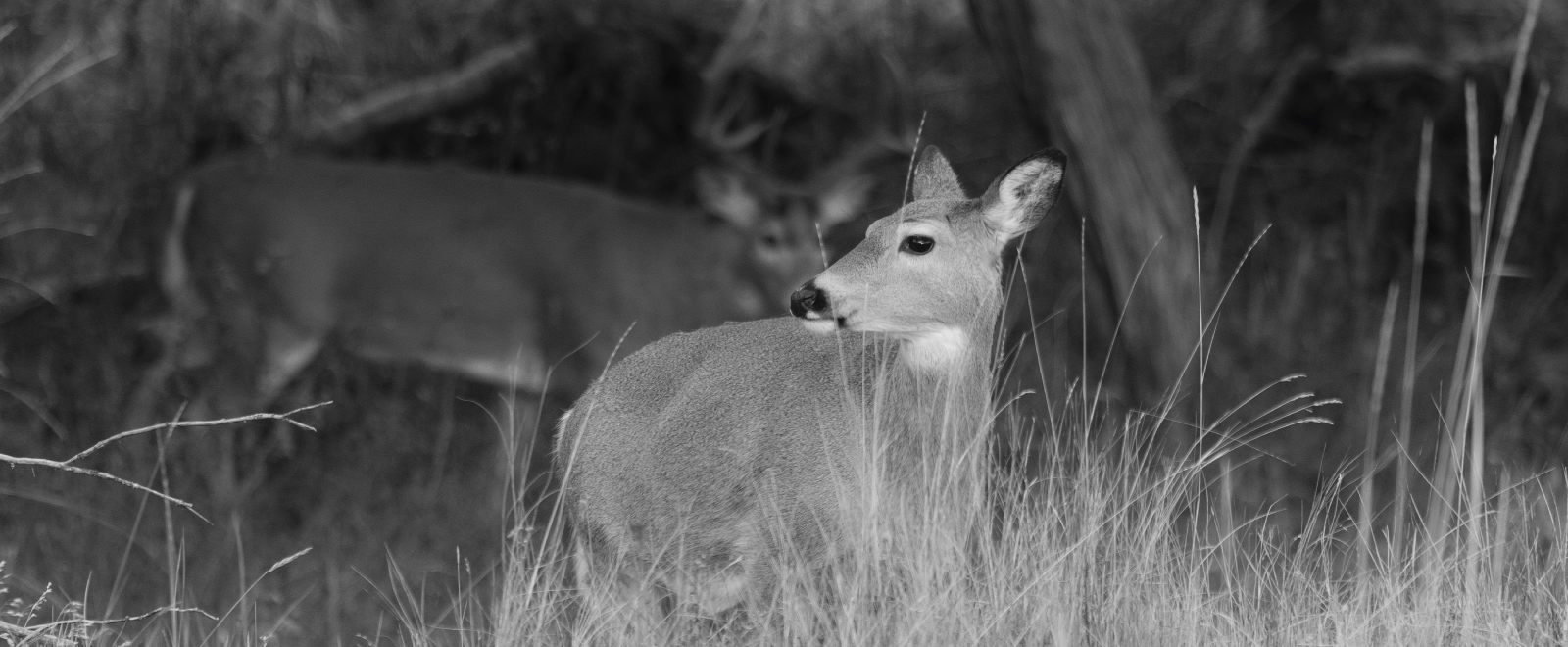Home » News » Vegetarians and Hunting: a Surprising Match
Vegetarians and Hunting: a Surprising Match

Jesse St. Andre is a New England native. Raised in…
What would we think if we were told that vegetarians are some of the most likely candidates to become hunters?
The foremost thought in our minds would probably be the historic tension between those who eat meat and vegetarians. But we are not talking solely about meat eaters in this article. We are talking about hunters. People who pursue free range, organic, sustainable meat free from the damaging effects of the commercial food industry.
In 2009, vegetarians made up 1 percent of the U.S. population; currently they make up 5 percent of the population. This is a dramatic increase by any standards. It is estimated that 54 percent of vegetarians cite animal welfare as a major factor in their choice to follow a meatless diet. Fifty-three percent of vegetarians cited health, while 47 percent cited environmental concerns as the major deciding factors. (Truth be told, these are actually my top three motivations for hunting.)
Health concerns regarding meat consumption revolve around the unnatural diets, enhanced growth rates and man-made antibiotics used on animals raised in the commercial food industry — a vile cocktail of unnatural ingredients entering our bodies. In contrast, wild game meats hold so many positive health factors – a benefit which hunters have realized for millennia.
Unfortunately, wild game which is healthy and a morally responsible source of protein, is often not segregated from commercial meats within the vegetarian debate.
More than 90 percent of people who become vegetarian decide to do so after watching some type of educational film. These educational films portray commercial farming – an industry too often characterized by unethical, immoral and inhumane acts against animal welfare. A film showing a father and son hunting grouse or rabbits for dinner is something we simply don’t see, never mind having it touch one’s emotions enough to create a life change in diet. Ethical hunting just doesn’t fit the bill in those regards. Most who are emotionally moved enough by portrayals of hunting to change their eating habits end up seeking a vegan diet.
The environmental effects of commercial farming are devastating to say the least.
The carbon footprint associated with large scale meat production is certainly enough to weigh on one’s mind. However, these devastating environmental effects are present with the mass production of crops as well as animals. Rice and soy are two of the most environmentally damaging food sources in the world. Obtaining wild game through hunting is perhaps the most harmonious way of maintaining the balance between our health and the health of the environment.
Vegetarians by nature are often well-educated individuals, especially when it comes to their food. When an individual first seeks information on a diet which will balance their health, moral and environmental concerns, they are quick to find information on vegetarian/meatless diets. Simply put, there is a lack of dietary literature on the well-balanced health and environmental effects associated with wild game. Given the available literature, vegetarianism is often the result.
Vegetarianism can be quite diverse in itself and unfortunately carries a certain amount of hypocrisy.
Lacto vegetarian, ovo vegetarian, lacto-ovo vegetarian, pollotarian and pescatarian are all different ‘levels’ of vegetarianism; unless a vegan diet is followed, they all are contingent upon the consumption of animals in some way. Vegetarians are simply stuck in the middle. They can see the flaws present in the commercial food industry and realize they are simply not sustainable.
When presented with wild game in particular, many vegetarians will not necessarily object to eating it. Wild game meat is essentially directly consistent with the majority of vegetarian’s dietary goals. It has up to 5 times the omega 3’s as grain-fed livestock and contains omega 3’s not found in plants. Not to mention that wild game is also loaded with vitamins B12, B3 (niacin), B6, iron, zinc and other lesser known nutrients such as creatine and carnosine.
Environmentally speaking, legal and ethical hunting can help reduce carbon emissions by 75 percent and has no negative environmental effects — when done legally and ethically. Taking part in the hunt itself allows an individual to have full control of knowing that the animal led a natural life while ensuring a humane kill.
Studies have shown that 84 percent of vegetarians eventually return to eating meat.
While vegetarians struggle to achieve a certain moral, ecological and physical health balance in their diet, it is likely that these most seemingly unlikely of candidates can find that perfect balance through hunting. We stress that those who still do not seek an organic alternative to commercialized meat like hunting, at a minimum consider a local and organic vegetable or grass fed diet to help curb major environmental issues.
Sources:
Faunalytics (Humane Research Council)
Statistic Brain Research Institute
Authority Nutrition
Jesse St. Andre is a New England native. Raised in central Maine, Jesse now lives in eastern Connecticut with his wife and two kids and can be found hunting or trapping the small woodlots of southern New England.



